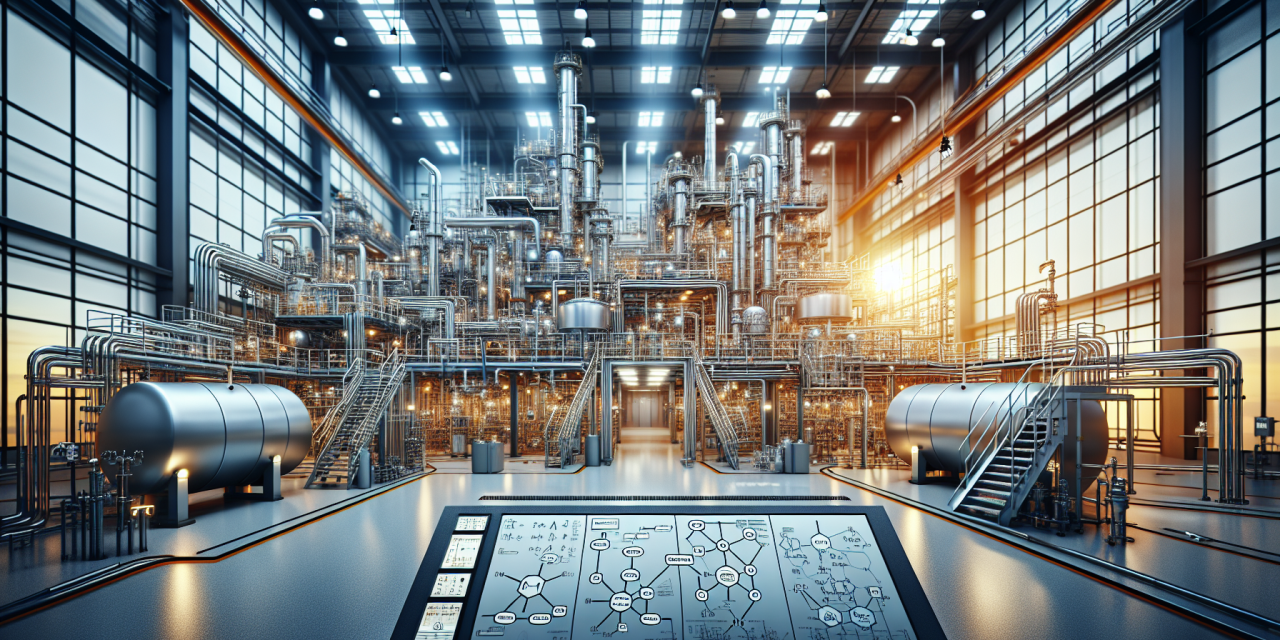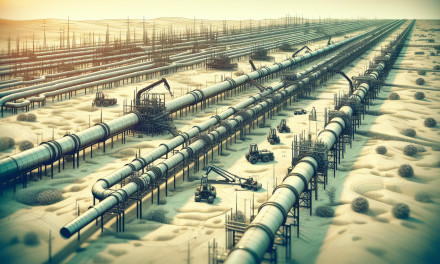Table of Contents
- Introduction
- What is Petroleum Refining?
- The Refining Process
- Understanding Petrochemicals
- The Importance of Petrochemicals
- Applications in Daily Life
- Challenges in the Industry
- The Future of Refining and Petrochemicals
- FAQs
- Conclusion
Introduction
As one of the cornerstones of the global economy, the petroleum industry plays a crucial role in our everyday lives. However, the intricacies of petroleum refining and petrochemicals can often seem overwhelming, especially for non-technical personnel. This guide simplifies the complex world of petroleum refining and petrochemicals, ensuring you can navigate this essential industry confidently.
What is Petroleum Refining?
Petroleum refining is the process of transforming crude oil into usable products. When crude oil is brought to a refinery, it undergoes several processes that separate and convert it into various components. Notably, refining processes include distillation, cracking, and reforming. Each method serves a unique purpose and helps create products vital for everyday use.
The Distillation Process
Distillation is one of the first steps in refining crude oil. During this process, the crude oil is heated in a distillation tower. As the mixture heats up, different components vaporize at different temperatures and rise through the tower. Cooler sections of the tower allow certain products to condense back into liquid form. The end result is a variety of fractions, each with its unique boiling point.
Cracking and Reforming
After distillation, the heavier fractions undergo cracking. Cracking splits larger molecules into smaller, more useful ones. This process increases the yield of valuable products such as gasoline and diesel fuel. Another important step is reforming, which restructures molecules to create higher-quality fuels.
Understanding Petrochemicals
Once we grasp the refining process, it’s time to explore petrochemicals. Petrochemicals are chemical products derived from petroleum or natural gas. Essentially, they are the building blocks for a wide range of chemical products, including plastics, fertilizers, and pharmaceuticals.
The Types of Petrochemicals
Petrochemicals can be classified into two main categories: non-aromatic and aromatic compounds. Non-aromatic compounds include ethylene and propylene, which are essential for producing plastics. Aromatic compounds, such as benzene, toluene, and xylene, are primarily used in producing detergents and dyes.
The Importance of Petrochemicals
The significance of petrochemicals extends beyond the production of fuels. They contribute to various sectors in the economy, such as transportation, healthcare, and consumer goods. Without petrochemicals, numerous products we rely on today would not exist.
Ways Petrochemicals Impact Our Lives
In daily life, you can find petrochemicals in:
- Plastics: From packaging materials to household items, plastics derived from petrochemicals are ubiquitous.
- Fertilizers: Crop production heavily relies on petrochemical-derived fertilizers, which help ensure food security.
- Medicines: Many pharmaceutical products originate from petrochemical compounds, emphasizing their role in healthcare.
Applications in Daily Life
Understanding where and how we encounter petroleum refining and petrochemicals in daily life can help make this information more relatable. Everyday products—granted, they might not seem directly linked to crude oil at first—often have undergone significant processing that begins with refining.
Transportation Fuel
Perhaps the most evident application is transportation fuel. Gasoline and diesel, produced through refining, power vehicles, trucks, and public transport systems. These fuels are essential for keeping economies moving.
Consumer Goods
Look around your home, and you’ll find a multitude of petroleum-derived products. From the synthetic fibers in your clothing to the cleaning supplies under your sink, petrochemicals are embedded in countless essentials.
Challenges in the Industry
Like any industry, petroleum refining and petrochemicals face challenges. Environmental concerns, regulatory pressures, and the advent of renewable energy sources continue to shape this sector’s future.
Environmental Concerns
The refining process, if not managed properly, can lead to significant environmental impacts. Air and water quality can suffer, making regulatory compliance a priority for refineries.
Regulatory Pressures
Governments worldwide are implementing stricter regulations to combat climate change. As such, refineries are increasingly focusing on cleaner technologies and emissions reductions. Non-technical staff play a vital role here by adhering to new policies and practices.
The Future of Refining and Petrochemicals
As we look ahead, the refining and petrochemical sectors will likely undergo substantial changes. Innovations in technology and a shift towards sustainable practices are pivotal trends. Additionally, the industry is exploring alternative feedstocks and green technologies to address environmental challenges.
Emerging Technologies
Advanced technologies are emerging, which aim to improve efficiency and reduce waste in petroleum refining. Innovations such as artificial intelligence, data analytics, and integrated systems will help refineries optimize operations.
Emphasis on Sustainability
Sustainability will continue to gain prominence in the industry. By focusing on renewable energy sources and sustainable practices, refineries can lessen their environmental footprint while still meeting global demand for products.
FAQs
What role do non-technical personnel play in refining and petrochemicals?
Non-technical staff are essential for supporting operations, ensuring compliance with regulations, and helping maintain safety standards.
How can I deepen my understanding of refining and petrochemicals?
To explore this area further, you can find valuable resources online, such as the Fundamentals of Refining & Petrochemicals for Non-Technical Staff, which provides insightful information for those new to the industry.
Conclusion
Grasping the fundamentals of petroleum refining and petrochemicals doesn’t have to feel intimidating. By breaking down complex concepts into digestible pieces, we can appreciate how pivotal this industry is—affecting our lifestyles, economy, and advancements in technology. Whether through cleaning supplies, transportation fuel, or advanced medicines, petroleum and its derivatives are woven into the fabric of modern life. Understanding these connections fosters greater awareness and appreciation for the role that refining and petrochemicals play in the world around us.
For further reading, consider exploring these related topics: Navigating the Essentials of Offshore Pipeline Engineering, A Comprehensive Guide to International Petroleum Management, Unlocking the Basics of Mechanical Engineering for Non-Mechanical Engineers, Mastering Wastewater Management in Refineries and Petrochemicals, and Mastering the ASME B31.3 Process Piping Design Code.





